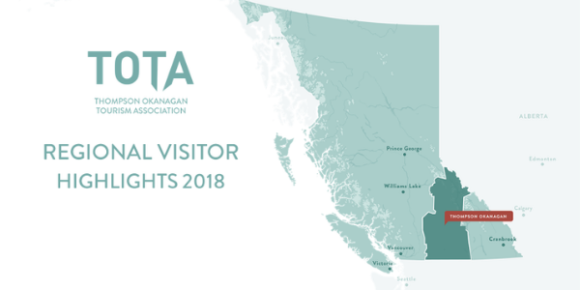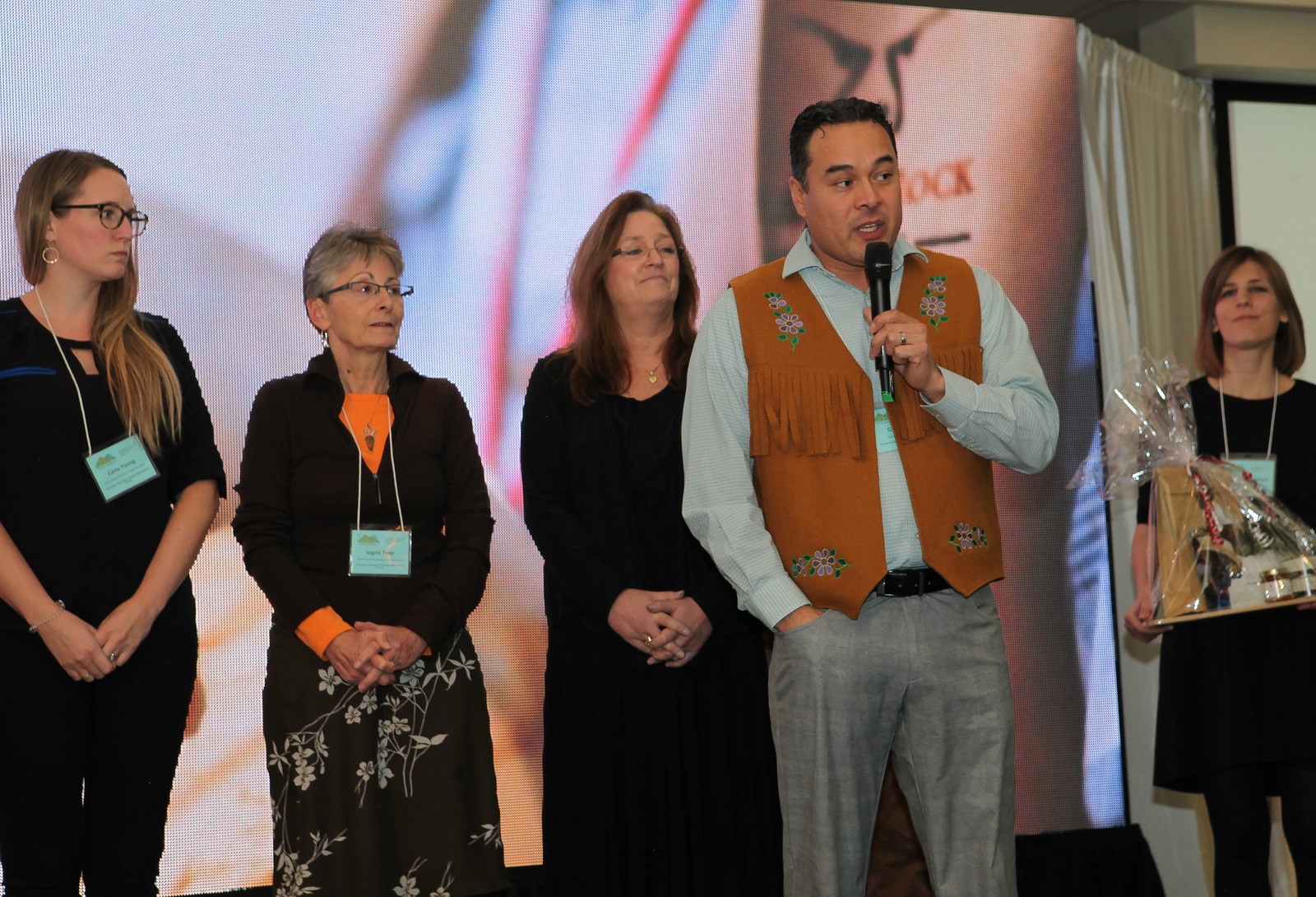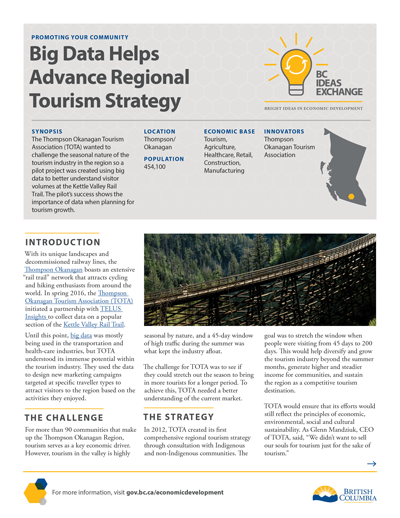Big Data Helps Advance Regional Tourism Strategy
Thompson Okanagan
With its unique landscapes and decommissioned railway lines, the Thompson Okanagan boasts an extensive "rail trail" network that attracts cycling and hiking enthusiasts from around the world. In spring 2016, the Thompson Okanagan Tourism Association (TOTA) initiated a partnership with TELUS Insights to collect data on a popular section of the Kettle Valley Rail Trail. Until this point, big data was mostly being used in the transportation and health-care industries, but TOTA understood its immense potential within the tourism industry. They used the data to design new marketing campaigns targeted at specific traveller types to attract visitors to the region based on the activities they enjoyed.
The Challenge
For more than 90 communities that make up the Thompson Okanagan Region, tourism serves as a key economic driver. However, tourism in the valley is highly seasonal by nature, and a 45-day window of high traffic during the summer was what kept the industry afloat. The challenge for TOTA was to see if they could stretch out the season to bring in more tourists for a longer period. To achieve this, TOTA needed a better understanding of the current market.

The Strategy
In 2012, TOTA created its first comprehensive regional tourism strategy through consultation with Indigenous and non-Indigenous communities. The goal was to stretch the window when people were visiting from 45 days to 200 days. This would help diversify and grow the tourism industry beyond the summer months, generate higher and steadier income for communities, and sustain the region as a competitive tourism destination.
TOTA would ensure that its efforts would still reflect the principles of economic, environmental, social and cultural sustainability. As Glenn Mandziuk, CEO of TOTA, said, "We didn't want to sell our souls for tourism just for the sake of tourism."
Every municipality in the region endorsed TOTA’s strategy and vision and as they got going, they soon realized the immense value in developing Thompson Okanagan’s Rail Trail network to connect and diversify the economies of the communities it passed through.
In 2016, the team launched the Kettle Valley Rail (KVR) Trail pilot project to gather data on the current and potential future usage of a section of the trail located in the Okanagan. By understanding how people engaged with the trail, TOTA could focus on attracting what Mandziuk calls the "right visitors, at the right time, to experience the right visitor product."
TELUS, one of TOTA’s corporate partners, offered a chance to gather data from cellphone towers along the KVR trail, allowing them to gather information like the volume of visitors coming to different sections of the trail, the timing of their visits, and how the weather impacted their decisions. TOTA enthusiastically agreed. Over the span of a few years, TOTA learned to interpret and use the data gathered by TELUS Insights to achieve its economic development goals.

Ongoing Success
Before using big data, the number of visitors to the KVR Trail was counted using various techniques, estimating the number of users to be anywhere from 50,000-90,000 annually. After this project, TOTA found that this number was closer to 300,000, which shows the KVR Trail is a top tourist attraction in the region. TOTA was also surprised to find that the trail was more popular in the fall than the summer. Such findings allowed TOTA to create more focused marketing campaigns to attract visitors, which significantly reduced marketing costs and increased visitor interaction with the KVR Trail’s web content by 20%.
Through similar efforts aimed at other tourism hot spots, TOTA has been able to change the region’s revenue generation period from 45 days in a calendar year to 120 days, and is on track to reach its goal of 200 days by 2022. The KVR Trail pilot project served as a springboard for TOTA to do more projects with big data and apply its tourism growth strategy to the entire Thompson Okanagan to help promote the region as a world-class, sustainable tourism destination.

Lessons Learned
The KVR Trail pilot project’s success demonstrates the value of getting real-time numbers to inform business decisions in the tourism industry. TOTA’s team offers the following advice for anyone wanting to use a similar approach:
- Have a clear set of objectives from the beginning. Big data can overwhelm, and it is important to be specific about what you hope to accomplish with it.
- Know your industry well. This will help you contextualize your data and identify factors that might skew it.
- It will take time, focus and perseverance. It took several years to build the internal skillset that allowed us to work with the data, and we continue to learn every day.

Population: 454,100
Region: Thompson Okanagan
Economic Base: Tourism, Agriculture, Healthcare, Retail, Construction, Manufacturing
Contact information
Glenn Mandziuk
President and CEO
Thompson Okanagan Tourism Association
(250) 860-5999
ceo@totabc.com

